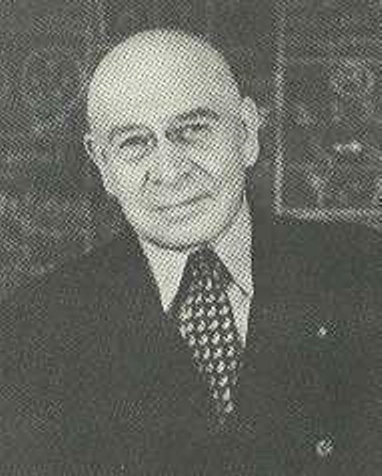Here is the link to the original.
Here is the Google translation:
About Michel Serres
December 19, 2010 By Patrick rodel
One of the themes announced in this blog is the thought of Michel Serres and behold, I almost forgot to report his latest book and the very rich book of Herne devoted to him.
This book is called Biogée, Life and Earth to tell their fundamental continuity that we have insanely separated at the point of risking death. The work of the philosopher-Hill ("Greenhouse", in Gascon, meaning "hill", p.24) is haunted for years by the ravages of the hard sciences and political subservience to have made, and it is constantly forced to resume this theme because it is obvious he is not yet understood.
But that, each time from a different input. One that retains Serres, here, is that experiments he made, personal and critical, this close relationship between what was known formerly kingdoms (mineral, plant, animal, human), not in his thinking ( thought, alone, always runs the risk of cutting oneself off from reality) but in his body flood of the Garonne or the earth trembles, California, birth or death which always fulfilled in the opening gaping of the earth-mother.
Biogée is thus the most personal book that Serres has given us the most "literary" as "writing" the most beautiful perhaps (what will not fail to reproach him in the little world of philosophy).There are pages on hallucinated ghost ships, lyrical evocations of the union of oak and linden, memories always present from childhood. Book meetings at the crossroads of his life and grace given to the joys they have created. "I sing these strong turbulence and weak, inert, alive and human, in roundels, chorus, repeatedly tunes, waltzes, ballads and barcaroles" (p. 179)
In this year of his eighty spring, Serres is the youngest and most Prohet of our thinkers. And I hope he remains a long time and we do not notice too late the importance of his work.
That this work is devoted to a Cahier de l'Herne, provided very items from around the world and enriched with a number of unpublished texts of Serres. I can not enter their analysis, it will take hours. I just want to remember that many say the friendship has developed between the author and Michel Serres from experiences in common whether it is a publishing project (the monumental Corpus of philosophers in French) a hiking or climbing (Anne-Marie Delaunay, "Variations on a rope"), whether a course or conference and trade that do not fail to ensue .
This friendship is awakening of thought, awakening thought, it not be blinded by the problems that the philosophy of Serres no shortage of lift without necessarily provide an answer, she said the generosity of a teaching that has always preferred forward to new discoveries to stagnate in vain polemics. Those that media notoriety annoys discover that the reflection of Serres was built in solitude on the sidelines of the French philosophical institution too often encased in his mediocre power struggles and that novelty repels. Those who are repeating, without having read his books, this is not philosophy - because it does not find the trace of a certain academic rhetoric, may have the opportunity to become aware of their complexity and authenticity of their questioning.
For all those interested in the work of Serres this book is an indispensable tool. He is also in that it leaves open many avenues of research. We are far from having taken the full measure of the contribution of Serres.












